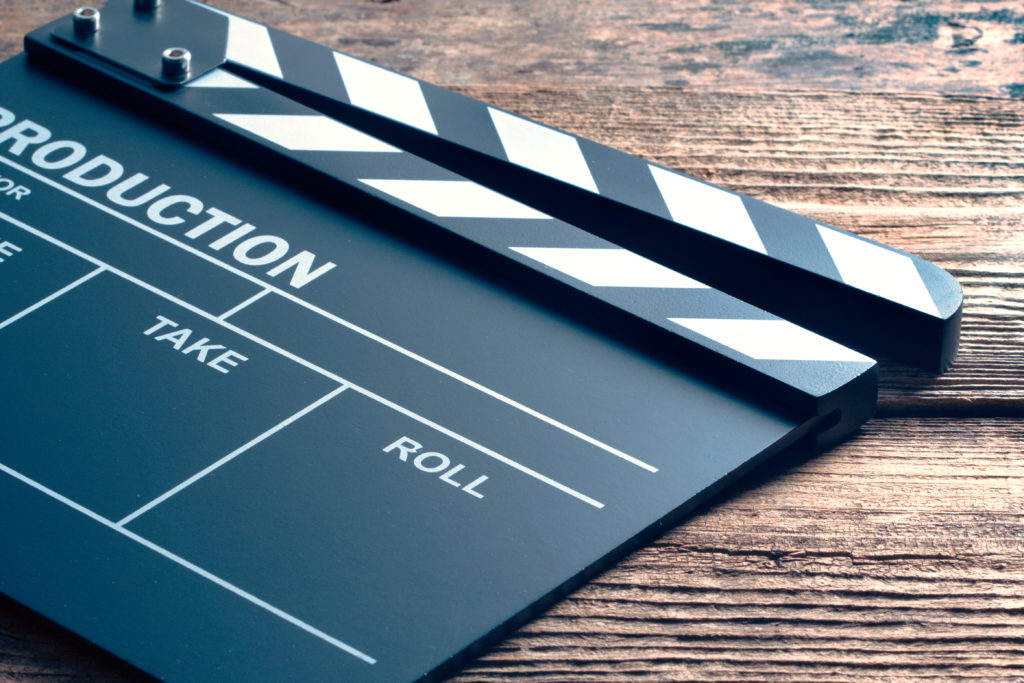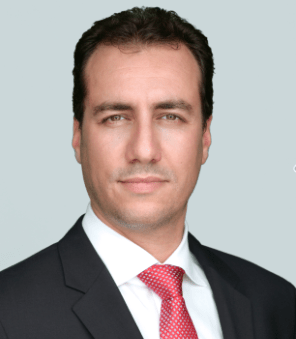
In production clearance, entrepreneurs, technology startups, and new media productions who publish videos containing the name or likeness of famous celebrities may come across legal issues under entertainment law at the production clearance stage, including right of publicity law, trademark law, and First Amendment law.
In California the right of publicity is governed by statute, Civil Code Section 3344, and was first enacted in 1971. The law provides in part:
Any person who knowingly uses another’s name, voice, signature, photograph, or likeness, in any manner on or in products, merchandise, or goods, or for purposes of advertising or selling, or soliciting purchases of products, merchandise, goods or services, without such person’s prior consent, or, in the case of a minor, the prior consent of his parent or legal guardian, shall be liable for any damages sustained by the person or persons injured as a result thereof. In addition, in any action brought under this section, the person who violated the section shall be liable to the injured party or parties in an amount equal to the greater of seven hundred fifty dollars ($750) or the actual damages suffered by him or her as a result of the unauthorized use, and any profits from the unauthorized use that are attributable to the use and are not taken into account in computing the actual damages. In establishing such profits, the injured party or parties are required to prove his or her deductible expenses. Punitive damages may also be awarded to the injured party or parties. The prevailing party in any action under this section shall also be entitled to attorney’s fees and costs.
As such, in production clearance, the objective is to clear a video of potential right of publicity issues that producers, directors, and publishers of video content online or on television or film may face. The best entertainment lawyers in Los Angeles may consider questions such as whether use of a famous person’s name, voice, signature, photograph, or likeness on merchandise was made knowingly, and was made in connection with a public matter, or whether it was a commercial matter, or political campaign, and whether or not there is implied or express consent.
Without these considerations and consultation with an experienced entertainment and intellectual property attorney who has conducted production clearance in the past, publishers of videos containing images or other references to celebrities or other famous persons may trigger liability, a cease and desist letter, or a DMCA takedown notice for works published online, under California Civil Code Section 3344, and other similar statutes in other states and countries.
Author: David N. Sharifi, Esq. is a Los Angeles based intellectual property attorney and technology startup consultant with focuses in entertainment law, emerging technologies, trademark protection, and “the internet of things”. David was recognized as one of the Top 30 Most Influential Attorneys in Digital Media and E-Commerce Law by the Los Angeles Business Journal. Office: Ph: 310-751-0181; david@latml.com.

Disclaimer: The content above is a discussion of legal issues and general information; it does not constitute legal advice and should not be used as such without seeking professional legal counsel. Reading the content above does not create an attorney-client relationship. All trademarks are the property of L.A. Tech & Media Law Firm or their respective owners. Copyright 2019. All rights reserved.

